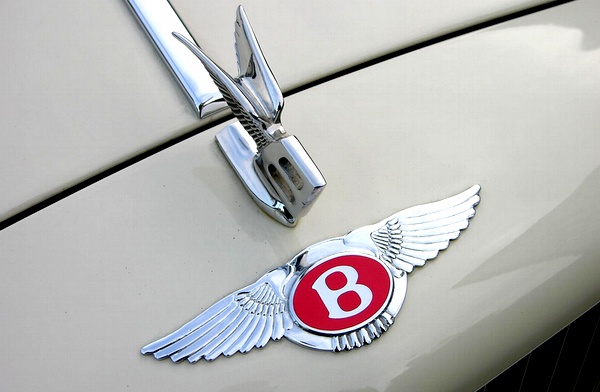We fail to appreciate just how rich today’s rich are—over 80% of the nation’s financial wealth is controlled by about 20% of the people (and the gap is widening). Research by social scientists has found that the rich really are different from us, and in many cases, not in a good way.
Rich man, poor man.
People from lower classes have fundamentally different ways of thinking about the world than people in upper classes, say psychologists Dacher Keltner, Michael Kraus, and Paul Piff (2011), authors of “Social Class as Culture: The Convergence of Resources and Rank in the Social Realm.”
According to Keltner and colleagues, rich people believe that personal economic success has to do with individual behavior and a good work ethic. When it comes to pursuing a higher station in life, they are more likely to gloss over the ways family connections, money, and education helped. Instead, they narrowly focus on themselves. As a result, their life experiences tend to make them less empathetic, less altruistic, and generally more selfish.
By contrast, people who come from a lower-class background have to depend more on other people. If you don’t have resources and education, your environment is more threatening and you adapt by turning to other people, says Keltner. Lower income people are better at tuning into other people’s emotions and they are more compassionate. When they see someone else suffering, they give more and help more.
There is limited evidence that some rich people may not be selfish as much as willfully clueless, and therefore unable to smell the coffee. But that doesn’t stand in their way of cashing in.
A different drummer?
In a 2012 Pew Research poll, many believe rich people are intelligent and hard-working, but also greedy and less honest than the average American. The rich are governed by a different set of rules from the vast majority of Americans, reports a study by social psychologists Joris Lammers and Adam Galinsky (2010). “People with power think that they are justified to break the rules not only because they can get away with it, but also because they feel at some intuitive level that they are entitled to take what they want,” they argue (superiority trap*).
Social scientists Paul Piff et al. (2012) describe a series of experiments at the University of California, Berkeley that suggest people who are socially and financially better-off are more likely to lie, cheat, and otherwise behave unethically compared to individuals who occupy lower rungs of the socioeconomic ladder. “We’re not saying you should distrust the rich, or the rich are corrupt,” says Piff. “But elevated wealth status seems to make you want even more, and that increased want leads you to bend the rules or break the rules to serve your self-interest.”
Perhaps there is a simpler explanation: greed.
We don’t pay taxes. Only the little people pay taxes.
~ Leona “Queen of Mean” Helmsley, bazillionaire
* Questionable beliefs can “trap” our better judgment, leading to poor decisions and unintended consequences. In the superiority trap, we often exaggerate the extent of our knowledge, ability, or memory in the belief that we are entitled to what we want. Learn more about this, and other traps, in the Young Person’s Guide to Wisdom, Power, and Life Success.
Image credit: “1990 Bentley Turbo R” by The Car Spy (2011), licensed under CC BY 4.0.





















